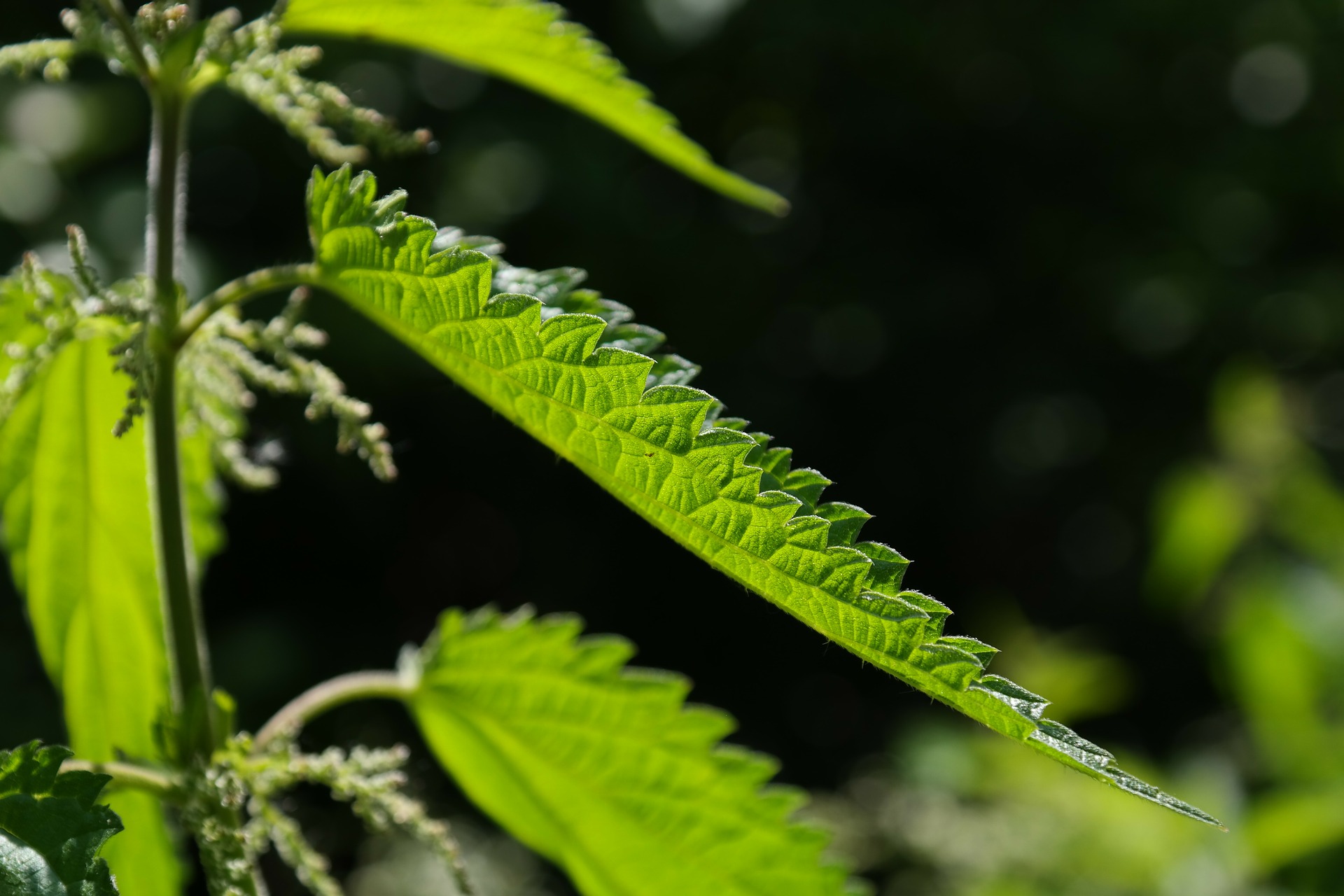
FRANCE: UIPP launches a new website against stereotypes!
29 February 2016
FRANCE : E-Phy website is back on-line
3 March 2016
Following EFSA’s conclusions on Glyphosate renewal and the divergent IARC (International Agency for Research on Cancer) report finding a potential carcinogenicity of Glyphosate or plant protection products containing Glyphosate, EFSA had been seised again by the European Commission to review IARC findings.
As we explained in our 2 articles of 11/16/2015 “GLYPHOSATE: EFSA conclusion on the peer review, unlikely to be carcinogenic” and “POE-tallowamine (Glyphosate coformulant): EFSA toxicological assessment“, EFSA concluded that it was unlikely that Glyphosate presents a carcinogenic risk to humans. The assessment took into account a number of elements, including a number of studies not evaluated by IARC, which explained in part why the two assessments reached different conclusions.
In parallel, Anses was seised on April 8, 2015 to analyse the data of IARC monograph and those of the European assessment to say whether these were “likely to support a proposal to amend the classification of Glyphosate according to the rules defined in Regulation (EC) No.1272/2008 (CLP) regarding carcinogenicity. “
On October 16, 2015, Anses entrusted the investigation of this referral to an Emergency Collective Expert Assessment Group (GECU), and in addition, asked the group to identify whether the results of the genotoxicity studies on Glyphosate representative preparation of the European review should lead to further studies on coformulants and/or on preparations.
GECU analysis showed that these differences can be explained in terms of the selection criteria of the studies and the methodology of establishment of the final proof level.
The GECU states that “in view of all the results, the level of evidence of Glyphosate carcinogenicity in animals can be regarded as relatively limited. It is unlikely that Glyphosate has a potential effect on endocrine disruption of dependent pathways of estrogen regulation; further studies could confirm this. In addition, the level of evidence of the genotoxicity of Glyphosate in animals can be considered relatively limited, however additional data will have to be provided regarding preparations containing Glyphosate.”
GECU concludes that “given the one hand, the deadlines for the investigation and secondly, the very large number of studies and publications available, the analysis of the working group was based exclusively on the EU and IARC reports and not directly on the study reports containing raw data, and on the published scientific literature. Consequently, GECU is not able to decide on a classification in category 2 or a no-classification according to Regulation (EC) No.1272/2008. However, the working group believes that the analysis that has been conducted shows that the level of evidence of carcinogenicity in animals can be considered relatively small and does not allow, according to Regulation (EC) No.1272/2008, to classify glyphosate in terms of carcinogenicity in class 1B. “
Given the results of this expertise, Anses consider necessary that Glyphosate classification is promptly reviewed by ECHA.
Regarding the coformulants, given the exposure to preparations and concerns raised about the coformulants, especially tallowamine for Glyphosate-based preparations, the Agency shall proceed without delay to the reassessment of preparations combining Glyphosate and tallowamine.
GECU work regarding the potential genotoxicity of coformulants continues and will be subject to an additional report in April 2016.
On February 12, 2016, Mrs. Ségolène Royal, Minister of Environment, Energy and Marine, received Anses findings. She then requested Anses “to re-evaluate immediately all preparations containing glyphosate and co-formulants of tallowamines family and invite them to withdraw by the end of March 2016 the approvals of plant protection products presenting concerns.”
Documents to download:
Anses (09/02/2016) : OPINION of the French Agency for Food, Environmental and Occupational Health & Safety on the glyphosate request No 2015-SA-0093
MEDDE (12/02/2016) : Ségolène Royal saisit l’ANSES sur les produits phytosanitaires contenant du glyphosate


